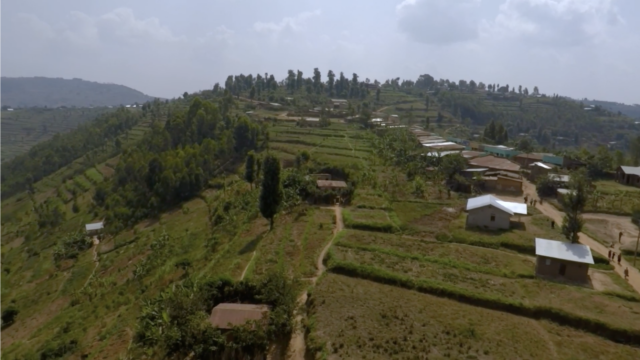FAQs
How do embassies help U.S. citizens?
Embassies help American citizens in many ways. The effects of some are in plain sight, issuance of visas to promote international visits to the United…

Global stability and thriving, stable economies are vital to ensuring the security and welfare of all Americans. Therefore, the United States works closely with other governments, international organizations, and local institutions to promote security, prosperity, democracy, and economic development.
“The effectiveness of our foreign policy reflects our confidence in our beliefs and values and in our purposes and priorities as a society.”
Former Secretary of State George P. Shultz
The videos below highlight just a few programs where American diplomats are advancing U.S. interests through initiatives on security cooperation, trade expansion, economic stability, good governance, and sustainable development.
America’s diplomats establish and maintain security within and among nations in order to respond to challenges and opportunities. In Estonia, the North Atlantic Treaty Organization (NATO) provides a secure and peaceful environment that allows Estonia to participate on the world stage.
America’s diplomats create political, economic, and financial foundations that allow for investment, trade, and entrepreneurship. Through multilateral programs like “Power Africa” and the “Africa Growth and Opportunity Act” (AGOA), American diplomacy leads the way toward increased economic productivity and trade opportunities between the U.S. and the African countries of Rwanda and Mauritius.
America’s diplomats work to expand transparent, responsible, and responsive governments that support human rights and equality. In Peru, American diplomacy provides alternative development opportunities and support for strengthening that country’s rule of law and civil society, helping the country eradicate illegal drug cultivation and trade.
America’s diplomats collaborate with nations and communities to meet the needs of citizens through better access to health care, education, and economic opportunity. The U.S. Agency for International Development (USAID) helps Cambodia to increase sustainable agricultural yields while also promoting healthy diets and environment conservation.
This video presentation was organized by the National Museum of American Diplomacy at the U.S. Department of State, produced by faculty and students at Brigham Young University, and generously funded by the Hearst Foundations through their support to the Diplomacy Center Foundation.